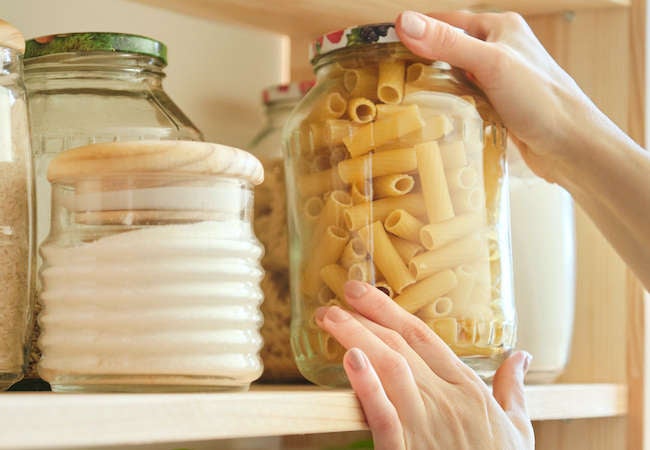We may earn revenue from the products available on this page and participate in affiliate programs. Learn More ›
Know Your Pantry
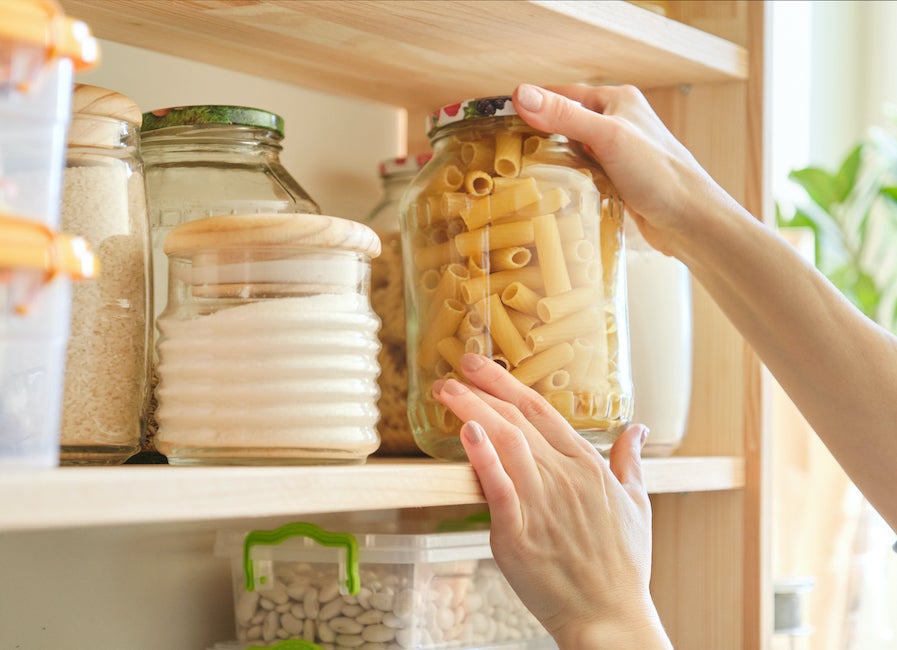
The pantry serves as a catchall for foods of all kinds. But it takes just one taste of rancid oil, a whiff of moldy jelly, or the sight of drippy prosciutto to know that not all food stores well at room temperature. Many people simply check the label and if it doesn’t say to refrigerate, the item goes into the pantry. Some foods, however, last longer, taste better, and stay safer when stored in the refrigerator or freezer, even if the label doesn’t explicitly say so. Though it may make your jaw drop (and stomach turn) to learn this, the following items, many of which are considered pantry staples, should never be stored there.
Garlic-Infused Olive Oil
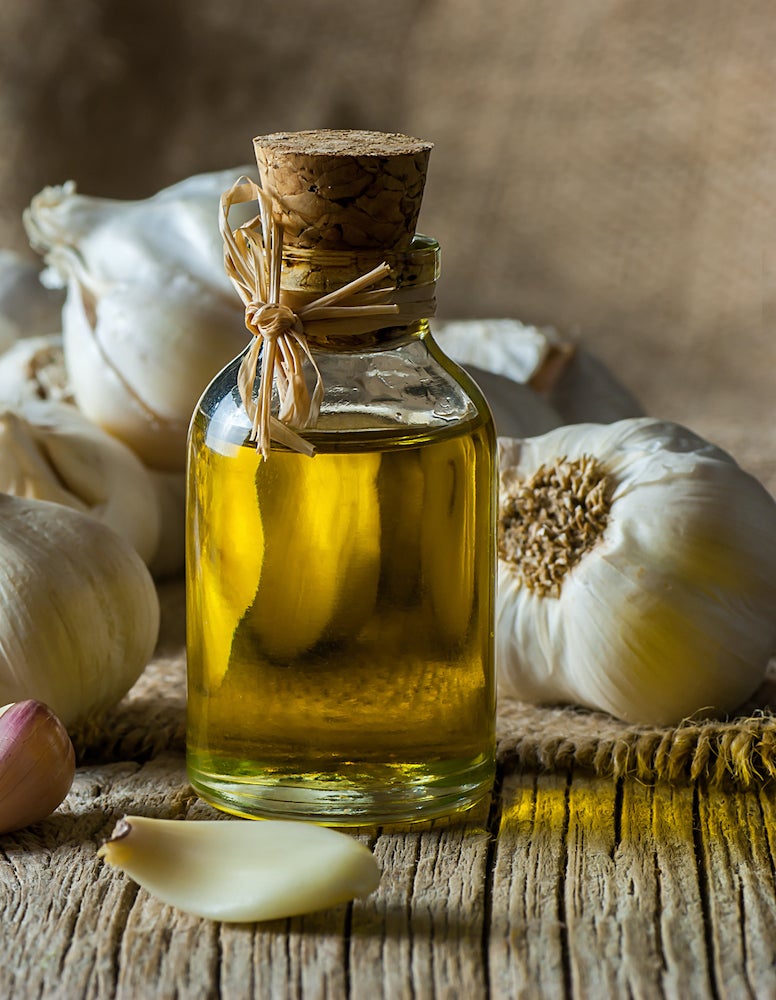
Homemade garlic-infused olive oil can potentially contain botulinum spores, which grow into the bacteria that cause botulism, a food poisoning that attacks the body’s nerves and can be fatal. Fresh garlic tends to carry botulinum spores, so any oil infused with garlic should be kept in the refrigerator to prevent bacteria growth. Even then, throw it away after 7 days.
Pure Maple Syrup

After enjoying a plate of pancakes dripping with pure maple syrup, you may be tempted to stash that syrup back in the pantry without giving it another thought. Pure maple syrup, however, especially the organic kind, can go moldy, so it’s best stored in the fridge. Need another argument in favor of cold storage? If you store your syrup in the pantry and the container is opaque, you may not see the mold until you’ve started to pour syrup on your short stack.
Sunflower and Truffle Oil
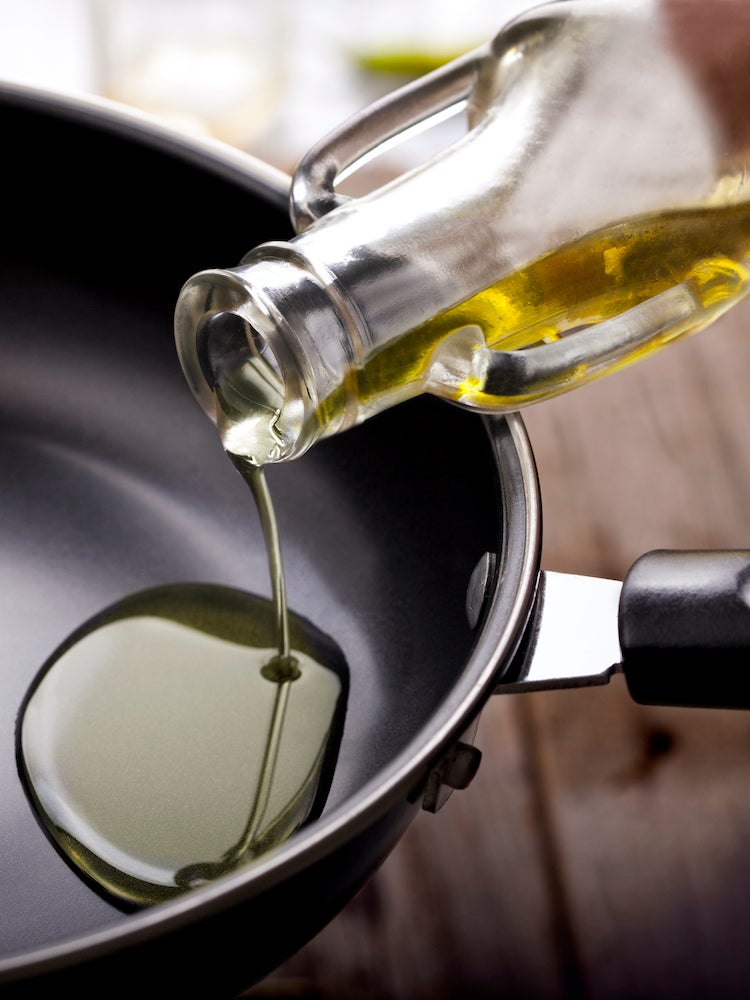
Cold-pressed oils like sunflower and truffle oil have a short shelf life if they’re not refrigerated. As they’re pricier than some of their counterparts, it’s definitely worth keeping them cold to extend their usefulness.
Nuts
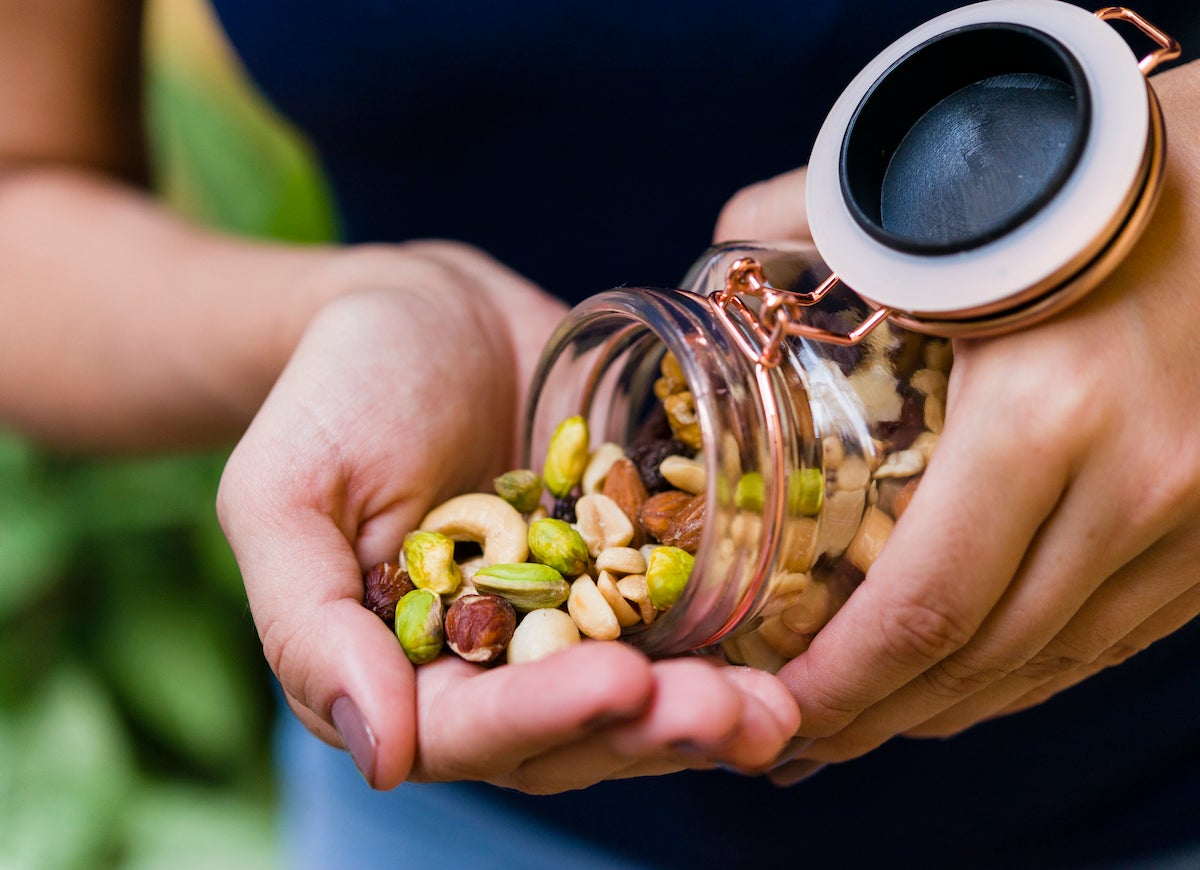
When stored in the pantry, nuts are more likely to go stale than grow moldy. That said, if you frequently reach for the nuts, you may be leaving bacteria behind, and if you grab a few nuts while your hands are wet, the chance that bacteria will grow increases. Over time, you could end up with nuts that are both stale and bacteria-laden. Don’t run the risk; store them in the refrigerator or freezer.
Salami and Other Cured Meats

You might see “shelf-stable” printed on their packaging, but cured meats are prone to drying out if opened and stored in the pantry. Wrap the meat in butcher paper and refrigerate it to preserve its flavor and texture, and to protect you from potential illness.
Chocolate
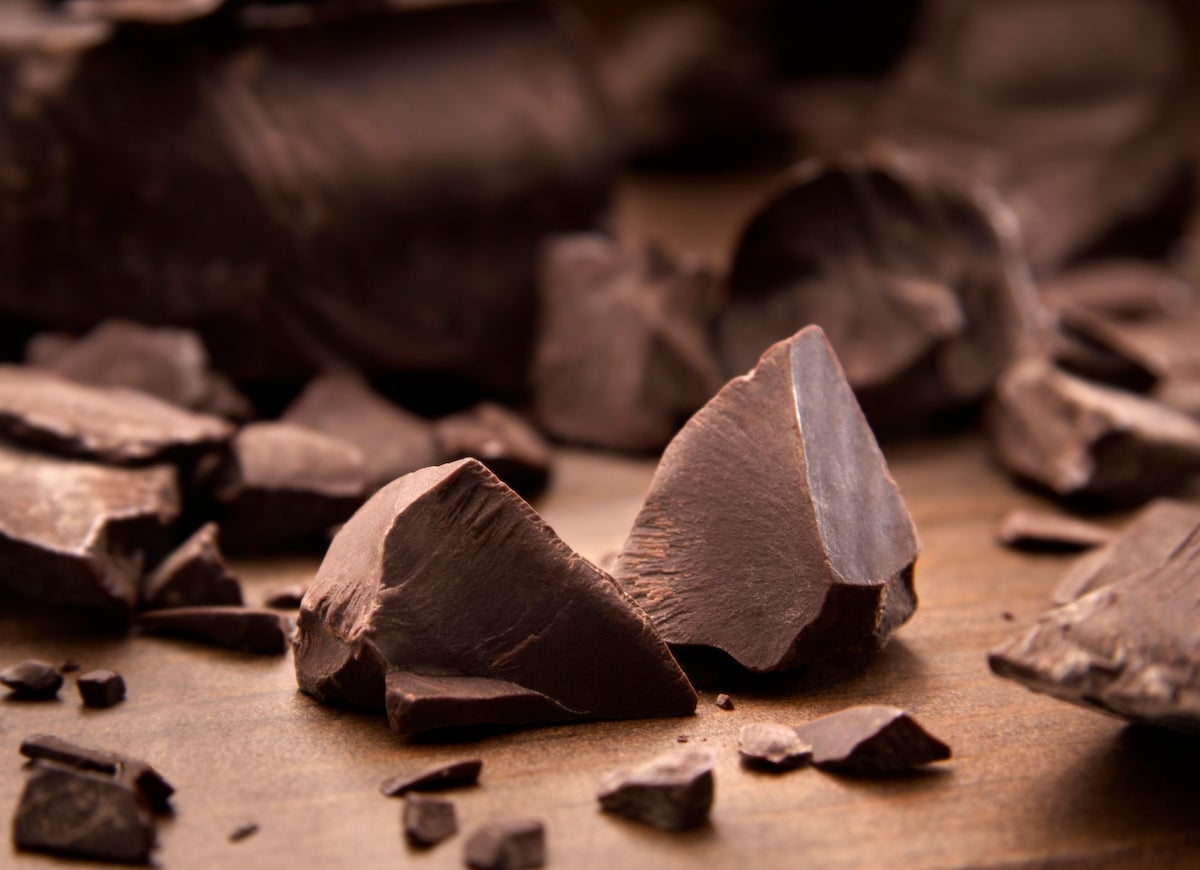
You can significantly extend the life of chocolate by storing it in the refrigerator rather than the pantry. Before you stick it in the fridge, wrap chocolate tightly to protect it from condensation and prevent it from absorbing odors and flavors from other foods. Once the chocolate is wrapped, put it in an airtight container until you’re ready to use it.
Tortillas
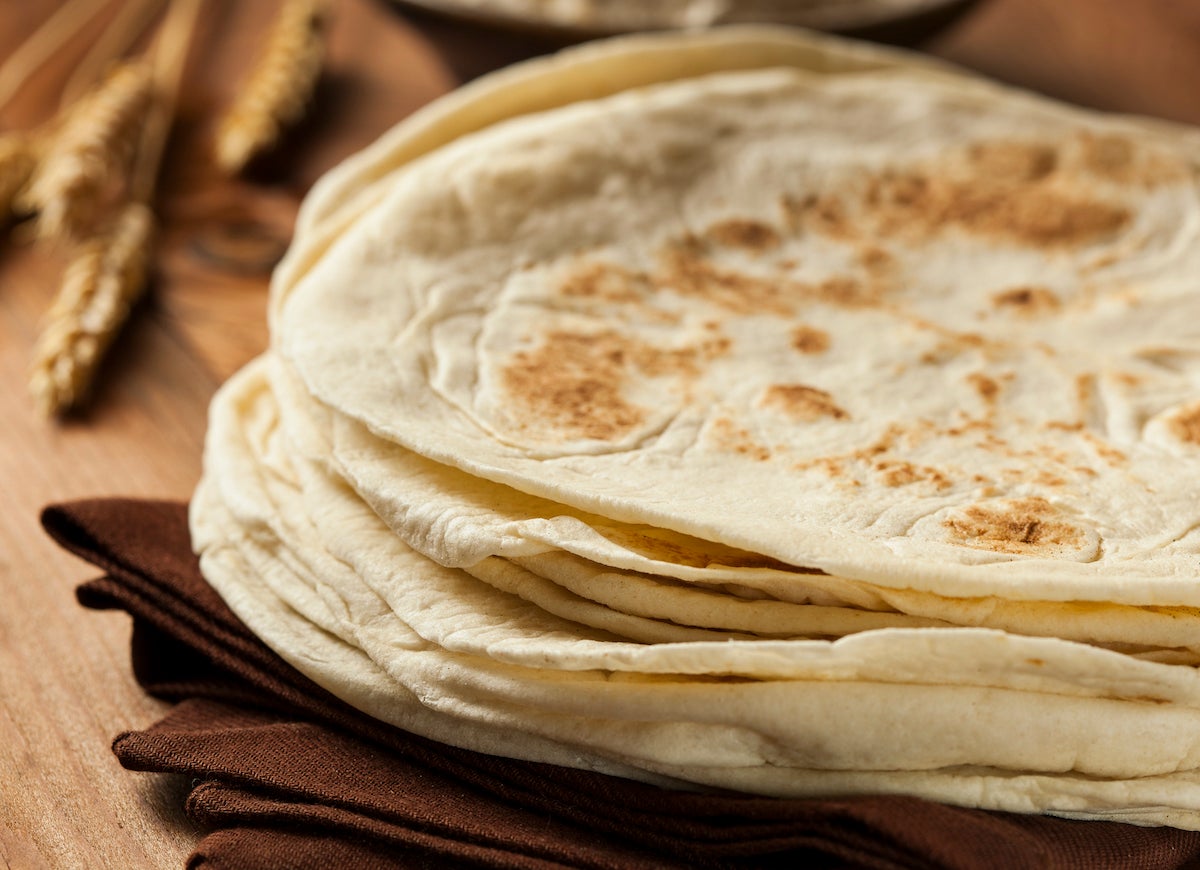
Though tortillas are rarely served cold, it’s best to store them in the fridge. Whether you prefer flour or corn tortillas, they’ll stay fresher longer if kept at a regulated cold temperature after you open the package. When it’s time for tacos allow the tortillas to warm up to room temperature, or pop them in the oven for a few minutes to heat them.
Whole-Grain Flours
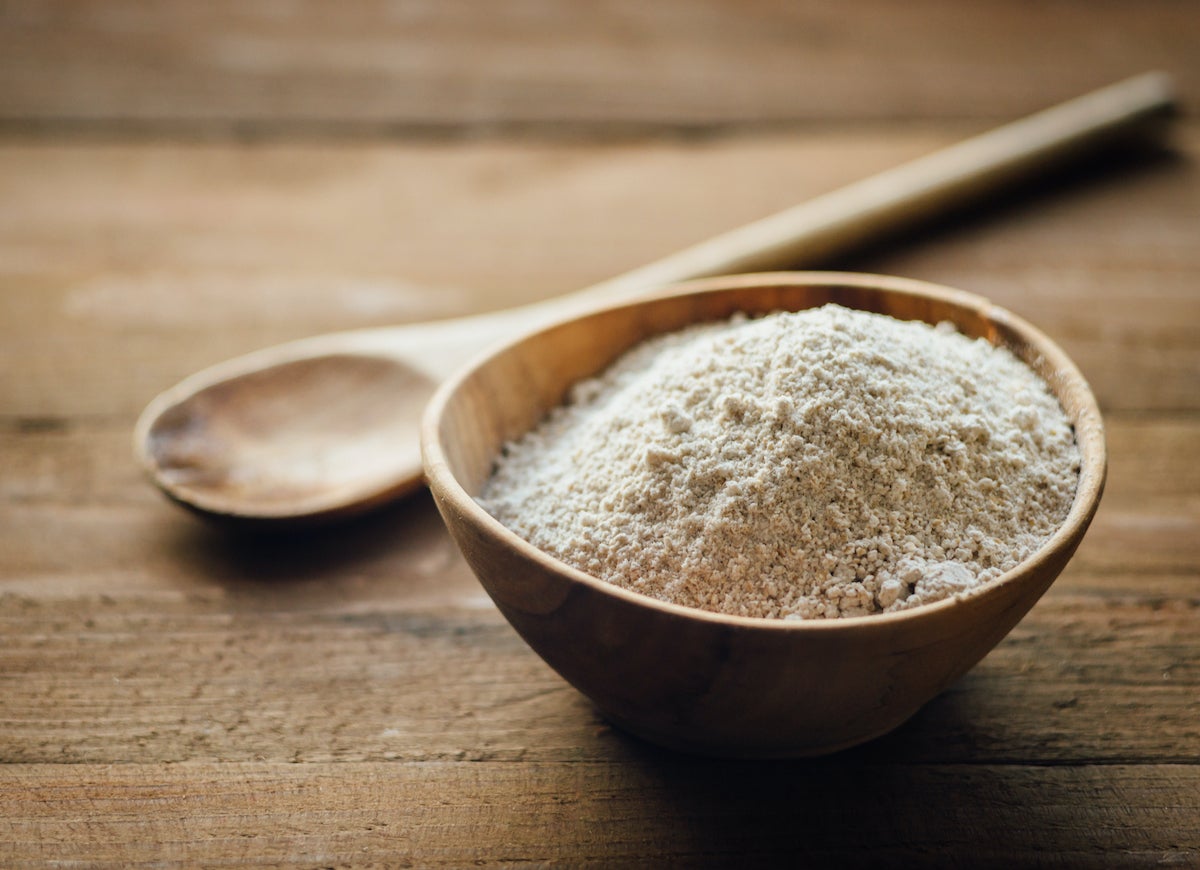
Whole-grain flours retain the bran and germ that gets removed from all-purpose flours. Both bran and germ contain oils that can go rancid if they’re not refrigerated or frozen, so keep your all-purpose flour in the pantry, but move the whole-grain to cold storage.
Natural Peanut Butter
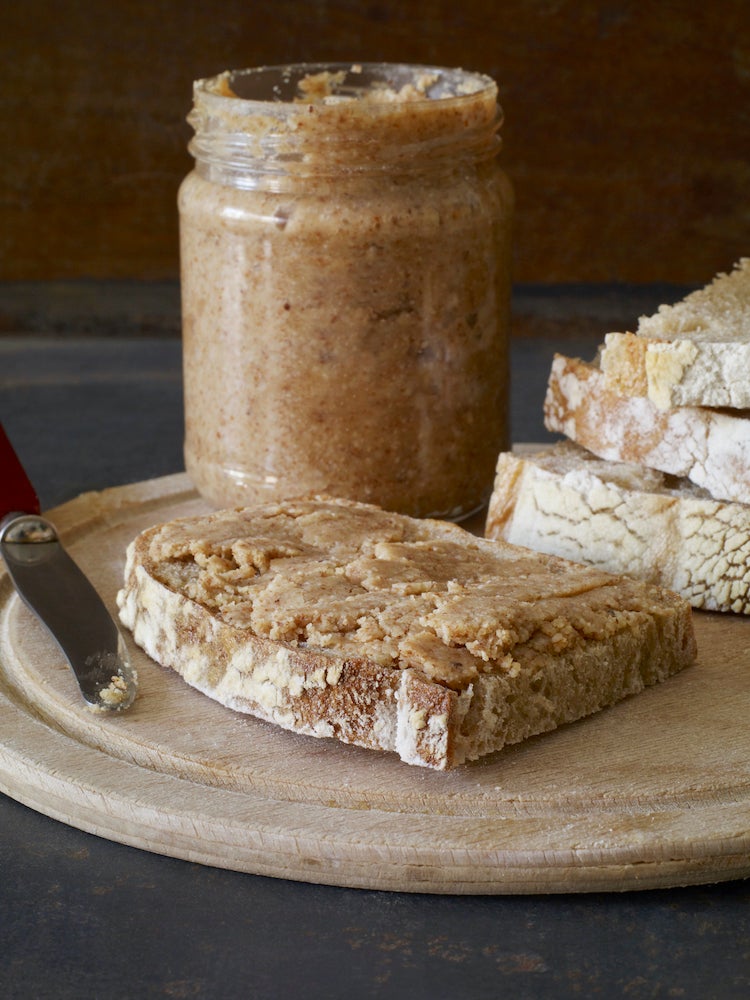
Natural peanut butter, the kind that separates in the jar, needs to be kept cool. Like the oils in whole-grain flours, the oils in natural peanut butter can go rancid if left in the pantry.
Mustard
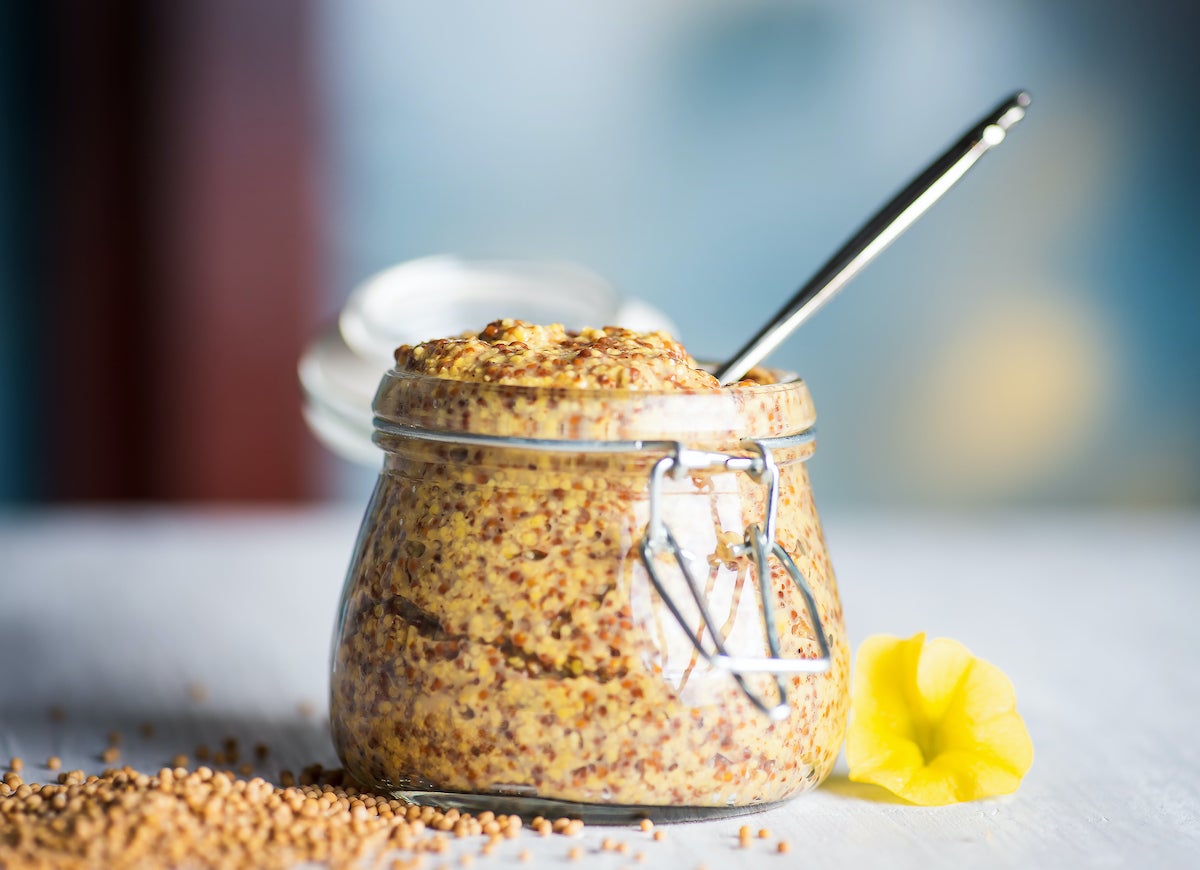
Most mustard containers indicate that refrigeration isn’t necessary after opening. Mustard, however, loses its flavor and vibrant color fairly quickly. To keep it tasting and looking its best, keep it in the refrigerator.
Ripe Bananas

The timing on this one is a bit tricky. It’s best to pop bananas in the fridge only when they’re ripe—do it too soon and they’ll fail to fully ripen. Put them in the fridge too late, however, and they’ll have already descended into inedible mushiness. Refrigerate when they’re just perfectly ripe and they’ll stay that way for a few days—perfect for a smoothie, perhaps?
Mayonnaise

Mayonnaise contains raw eggs, which can carry salmonella, a bacteria that can cause severe gastrointestinal distress. While refrigeration doesn’t kill salmonella, it retards growth of the bacteria, and this is why it is recommended to refrigerate mayonnaise. The USDA says that opened mayo should be discarded if its temperature reaches 50 degrees Fahrenheit or higher for more than eight hours.
Dried Fruit

Dried fruit will retain its color and flavor longer if it’s kept tightly sealed in the refrigerator. Expect to get a year of storage when it’s kept in the fridge, versus about 6 months if stored in the pantry. Dried fruit keeps well in the freezer, too.
RELATED: The Best Vacuum Sealers, Vetted
Pies

By all means, show off your gorgeous pies on the counter for a couple of hours! But for ongoing storage, it’s best to wrap them in plastic or foil and put them in the fridge—you definitely don’t want to store pies in the pantry. The dairy and eggs used in pecan and pumpkin pies are susceptible to spoilage, and bacteria can grow on the cooked fruit filling in apple and blueberry pies.
Cut Melons

The rind of a melon, having been grown on the ground, is often quite dirty. This dirt can harbor bacteria such as salmonella, listeria, and E. coli, which, when offered the moist and carb-rich environment of freshly cut melon flesh, can rapidly reproduce and wreak havoc on those who eat unrefrigerated cut melon— severe gastrointestinal issues and even death are possible. To avoid this, melons should be stored in the refrigerator once they have been cut open.
Ketchup

The high acid content in this omnipresent condiment generally protects it from harboring bacteria but for best flavor, you still want to store an open ketchup bottle in the fridge. If you absentmindedly put the ketchup in the pantry after dinner one night but discover it the next day, no worries. Just return it to the fridge and it’ll be ready for your next batch of air-fryer French fries.

Everything You Need for a Lush and Healthy Lawn
Keeping your grass green and your plants thriving doesn’t just take a green thumb—it starts with the right tools and supplies.

